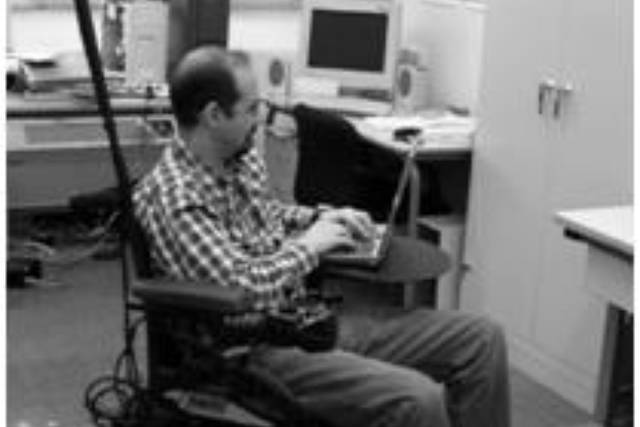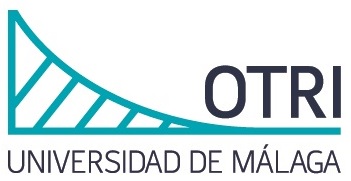ROBOTIZED AND CUSTOMIZABLE WHEELCHAIR
Description
Until now, some types of electric wheelchairs with autonomous movement capacity have been developed (the user only needs to intervene in the issuance of destination orders, making the movement and what this entails automatically). These types of chairs are usually transformed into a mobile robot, giving an appearance that is too different from conventional chairs, making them more bulky and uncomfortable, as well as requiring a greater financial investment. On the other hand, it is common for the computers used in this type of chair to be located behind the chair, with input / output cards and numerous cables that connect it to the sensors and actuators.
Thus, the present invention proposes a navigation system that gives a motorized wheelchair a robotic operation without its appearance changing significantly, without involving a limitation in its maneuverability or in reducing the user's space, with a lower cost, since the integration of the system components is carried out directly or through auxiliary structures that are reversibly fixed to the basic structure of the wheelchair in question.
Advantages
Among the advantages of the present invention, the following stand out:
• It offers the possibility of easily extracting the different components to favor their maintenance, repair or updating. This, in turn, means that the user can continue to use the motorized wheelchair without having to do without it due to said maintenance, repair or update.
• It has the ability for the user to teach the robotic system, by voice, the personalized terms that he / she uses to refer to the different places in their environment.
• Has the ability to react to the presence of obstacles in real time.
Uses and Applications
This technology is intended for those wheelchair users with serious limitations, since the chair, being robotized, allows improvements in its use, and even its customization for maneuverability.
Keywords
Sectors
Areas
Patent Number
ES2296542
Applicants
UNIVERSIDAD DE MÁLAGA
Inventors
ANTONIO JAVIER GONZALEZ JIMENEZ, ANTONIO JOSE MUÑOZ RAMIREZ, JUAN ANTONIO FERNANDEZ MADRIGAL, CIPRIANO GALINDO ANDRADES, JOSE LUÍS BLANCO CLARACO, VICENTE M. ARÉVALO ESPEJO
Filing Date
09/10/2006
Protection Level: National (Spain)
Processing Status: Spanish patent








